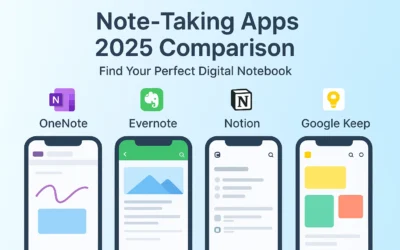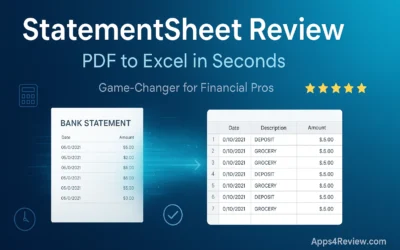There are numerous parallels between how we approach content marketing for brands and how Google chooses which news to feature in Google News. Brands should consider themselves to be “content publishers.” They create and disseminate valuable content to educate and inform their target audience.
You can pick your platform wisely, whether it’s your brand’s own blog, a third-party website, or social media. If you consistently lead your industry as a thought leader, your chances of being picked up by Google will increase. This will increase exposure and your chances of connecting with even more readers.
How Can I Get My Brand Listed in Google News?
Relevance
How relevant the story is to the user’s query. This factor is critical in determining what users see in query-based experiences like Top Stories.
Interests
The content that appears on Google Discover and the “For you” section of news.google.com will be determined by the interests that a user defines when setting up Google News and the user’s reading behaviour. While ranking content, Google will disregard political or ideological perspectives.
Location
This factor helps surface stories in the “Your local news” section relevant to the user’s geographical location. This option also considers regional differences in search queries, allowing a query like a football to return different results in different countries.
Language
It is critical to tailor for that specific language result based on the audience and how they consume news content.
Prominence
This tends to reflect the number of articles produced by a publisher on a specific topic — the more, the better — and whether the topic itself is trending.
Authoritativeness
Google’s algorithm uses authoritativeness and trustworthiness signals to prioritize the most trustworthy sources. This system is built around search results feedback, click-through rates (CTRs) in search engine results pages (SERPs), and backlinks.
Freshness
Recent articles that add to an evolving story have a better chance of being found than older articles.
Usability
When presenting search results, Google considers how usable and accessible a website is. Key requirements include loading speed, responsive design, and cross-browser compatibility.
Final Thoughts
The Google algorithm places a high value on prominence, authority, and freshness of content. They are also common denominators in any successful public relations or communications campaign.











